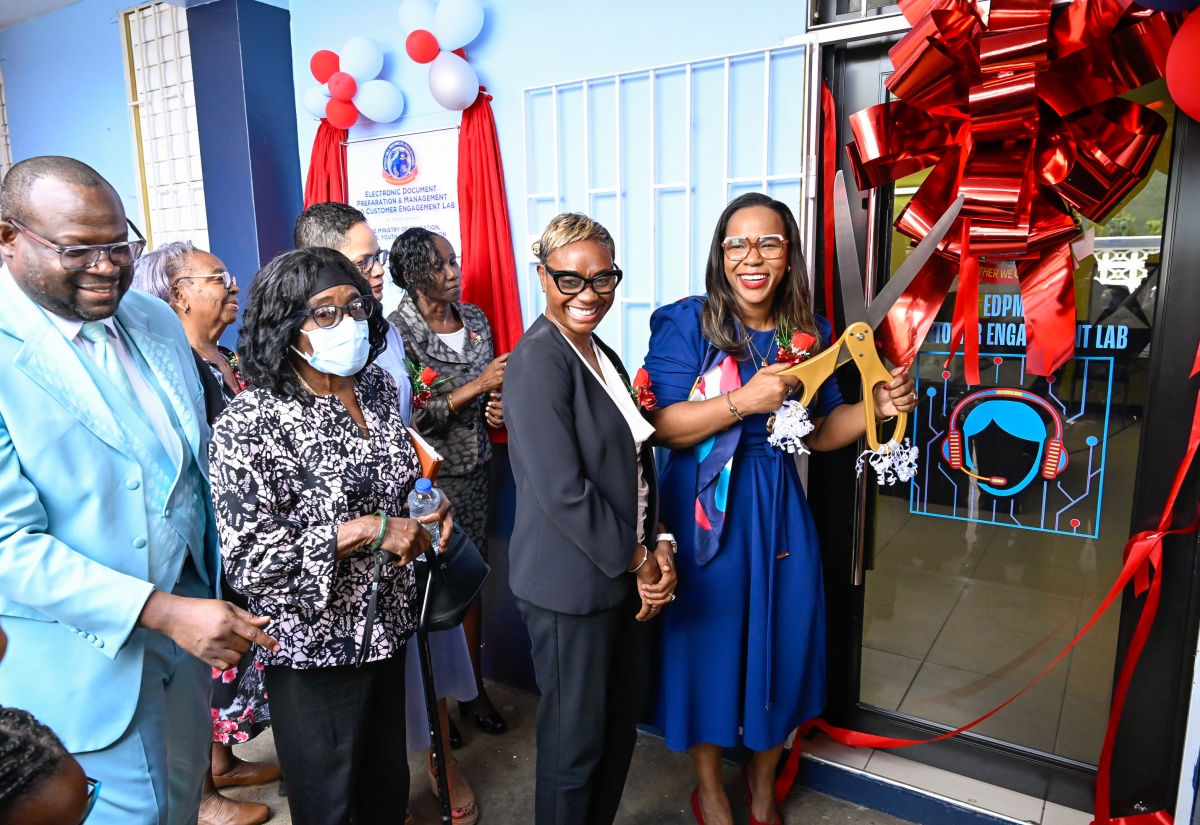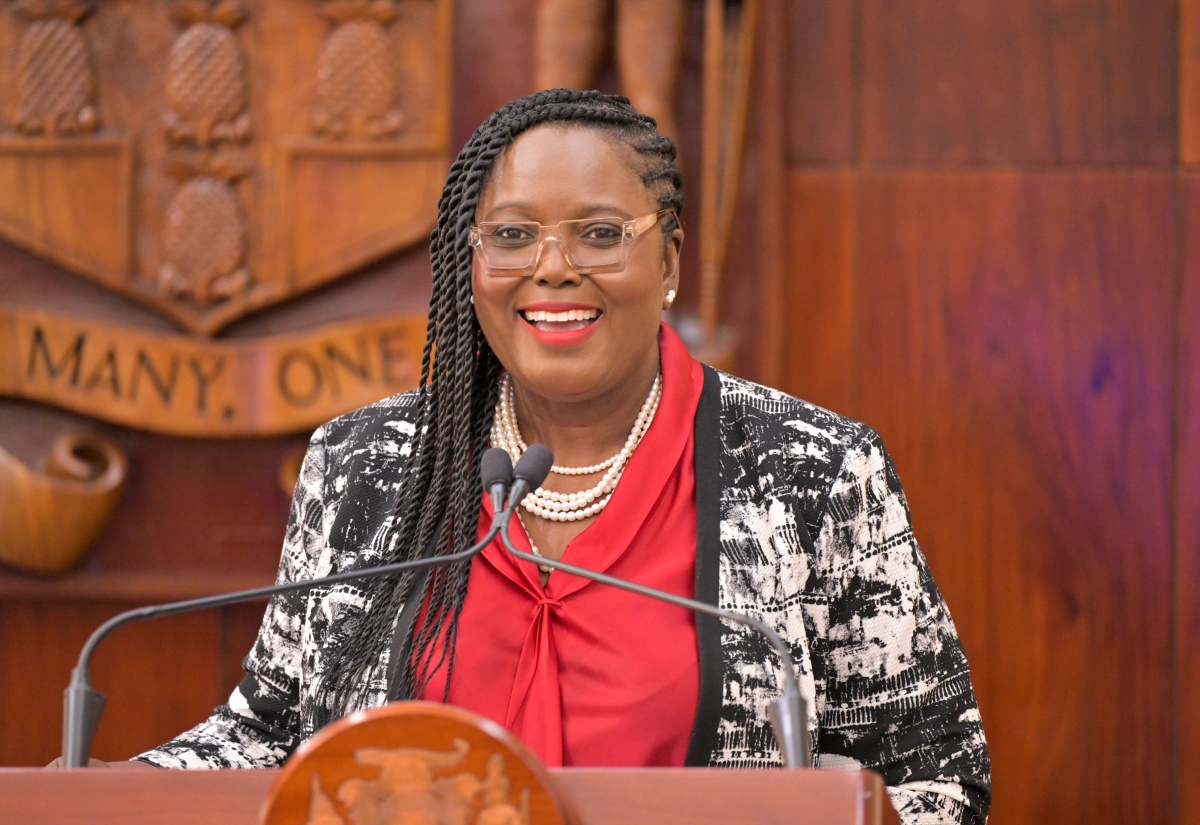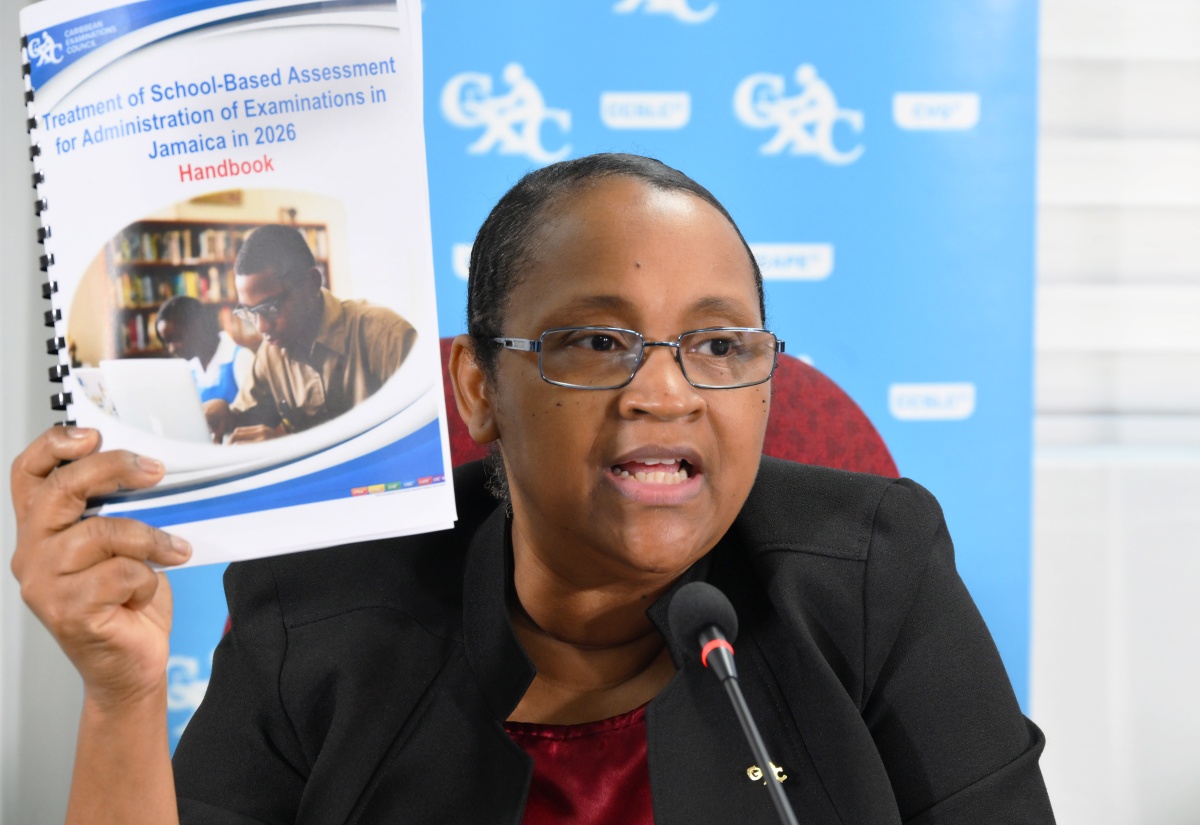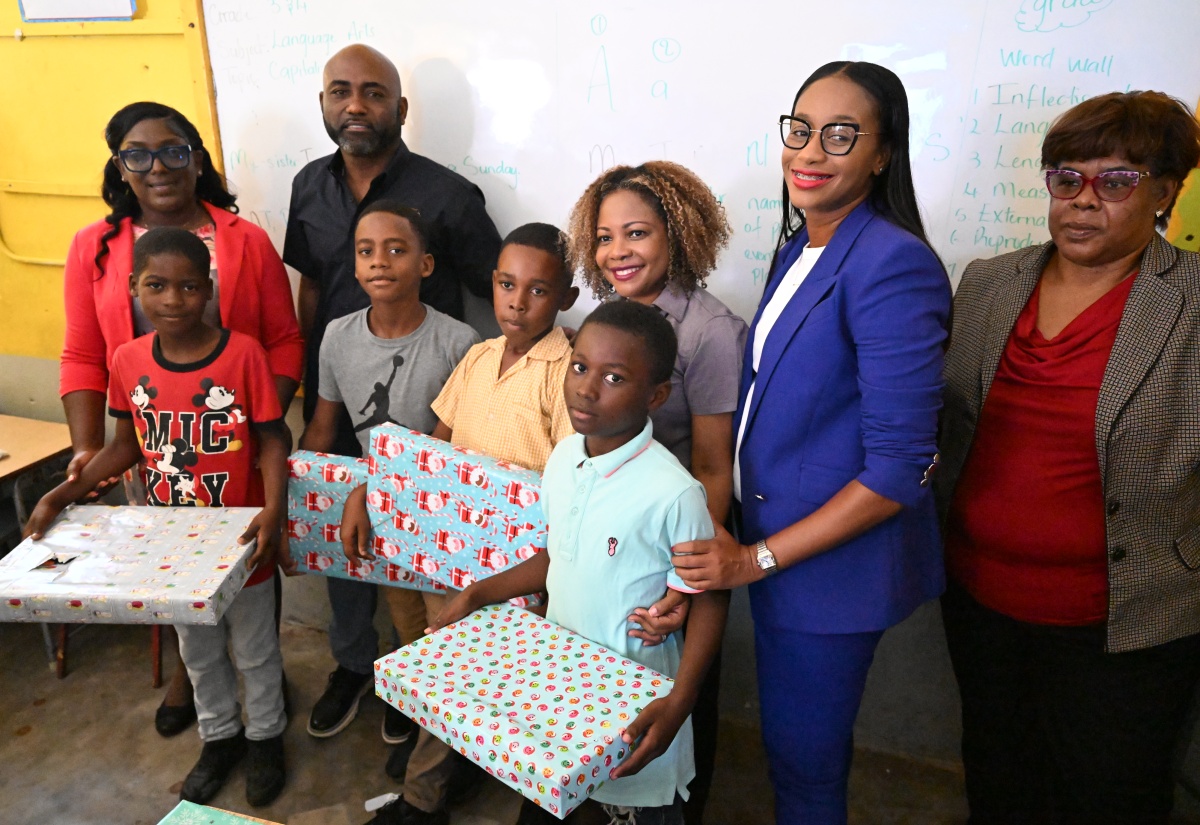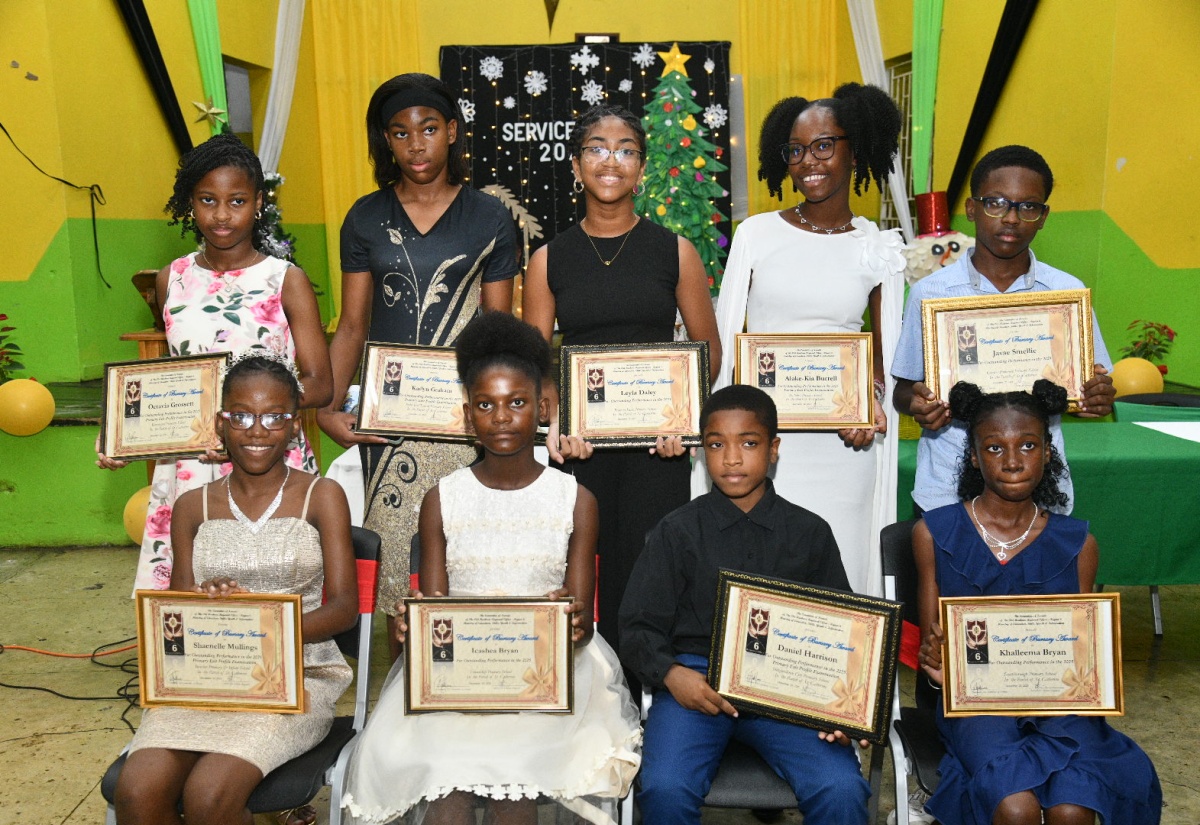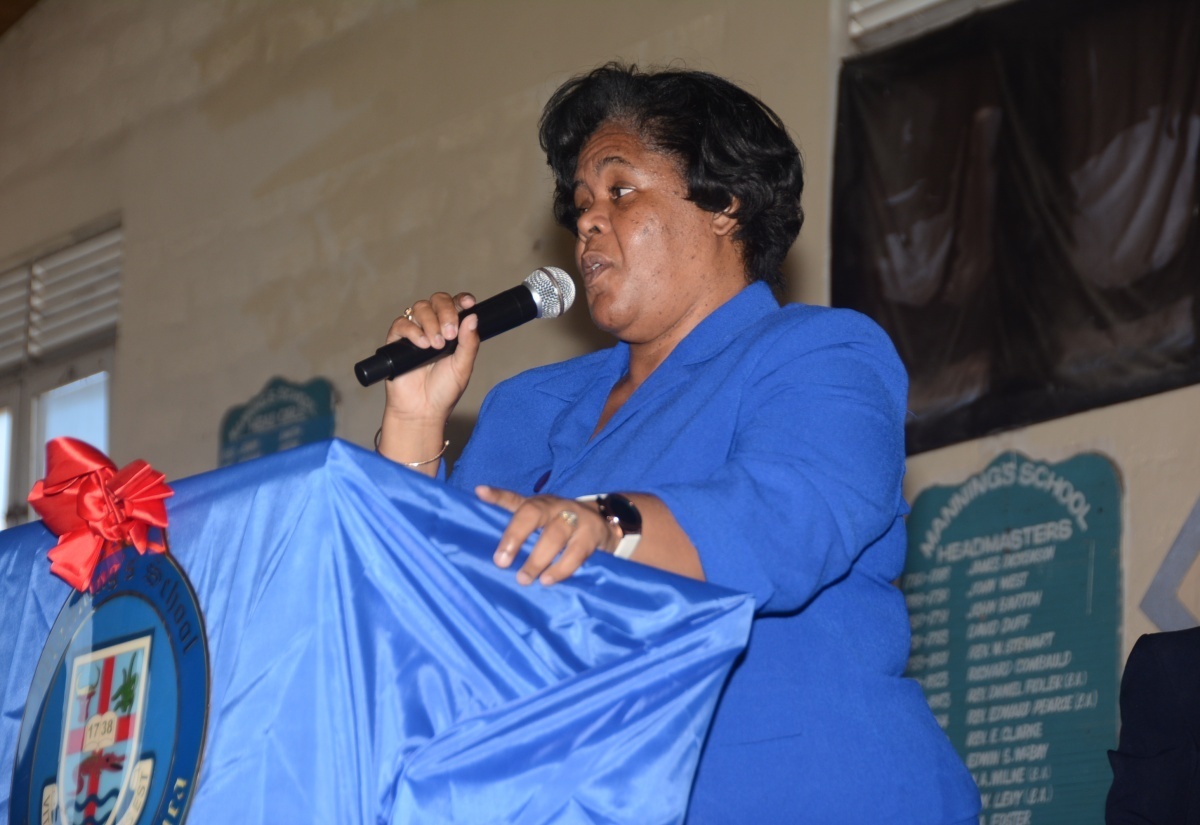Technical high schools are being equipped with digitisation laboratories by the Ministry of Education, Skills, Youth and Information, as part of a national effort to modernise technical and vocational education and better align student training with labour market needs.
As part of the initiative, a digital construction lab is being established at the Stony Hill Technical High School in St. Andrew in collaboration with the HEART/NSTA Trust, which will oversee the procurement of specialised equipment, including 3D printers.
The lab, which will be located within the school’s industrial department, will be equipped with computers that meet the specifications for digital construction training.
Assistant Chief Education Officer, Technical and Vocational Unit in the Ministry, Shereen Davy-Stubbs, said the 3D printers will give students hands-on experience in manufacturing and applied technology.
“Our students will contribute to the manufacturing industry because there is a demand there,” she pointed out.
“They will create their ideas and produce the requisite pieces for the manufacturing industry,” she added.
Mrs. Davy-Stubbs noted that while Stony Hill Technical High will house the digital construction lab, all technical high schools will benefit from upgraded facilities tailored to their specific needs, with some focused on robotics or electronics.
“They selected the labs that they want based on their needs, and we have afforded them that opportunity,” she told JIS News, adding that the facilities will be commissioned once the upgrades are completed.
Permanent Secretary in the Ministry, Dr. Kasan Troupe, told JIS News that the digitisation programme focuses on retrofitting and modernising existing spaces rather than expanding physical infrastructure.
“It is not necessarily more space…but modern technology,” she said.
“All of our technical high schools will get a facelift with 21st Century, cutting-edge technology,” she pointed out.
She noted that the labs will provide students with modern, market-relevant skills, including 3D printing technology.
“Students can now make phone cases, glasses cases…anything they dream, they can now print…they can produce them for sale, which is why we speak about manufacturing. They can actually make things that we use every day,” she said.
Dr. Troupe said that the upgrades form part of a wider strategy to strengthen technical and vocational education and training (TVET) and address skills gaps identified by the private sector.
“The school system has to respond to [those demands],” she noted. “We have to get our children ready for the demands of the 21st Century, which starts today,” she emphasised.
In addition to upgrading laboratories, the Ministry is providing grants to schools to support materials for student experimentation, teacher training, and ongoing maintenance of the facilities.
“We give resources to students, we give additional grants for them and continue to provide upgrades every year…so we give the schools additional resources to maintain the labs so that they don’t deteriorate too fast,” Dr. Troupe told JIS News.
The digital construction lab at Stony Hill Technical High School will complement the institution’s Electronic Document Preparation and Management (EDPM) and Customer Engagement lab, which opened on January 9.


